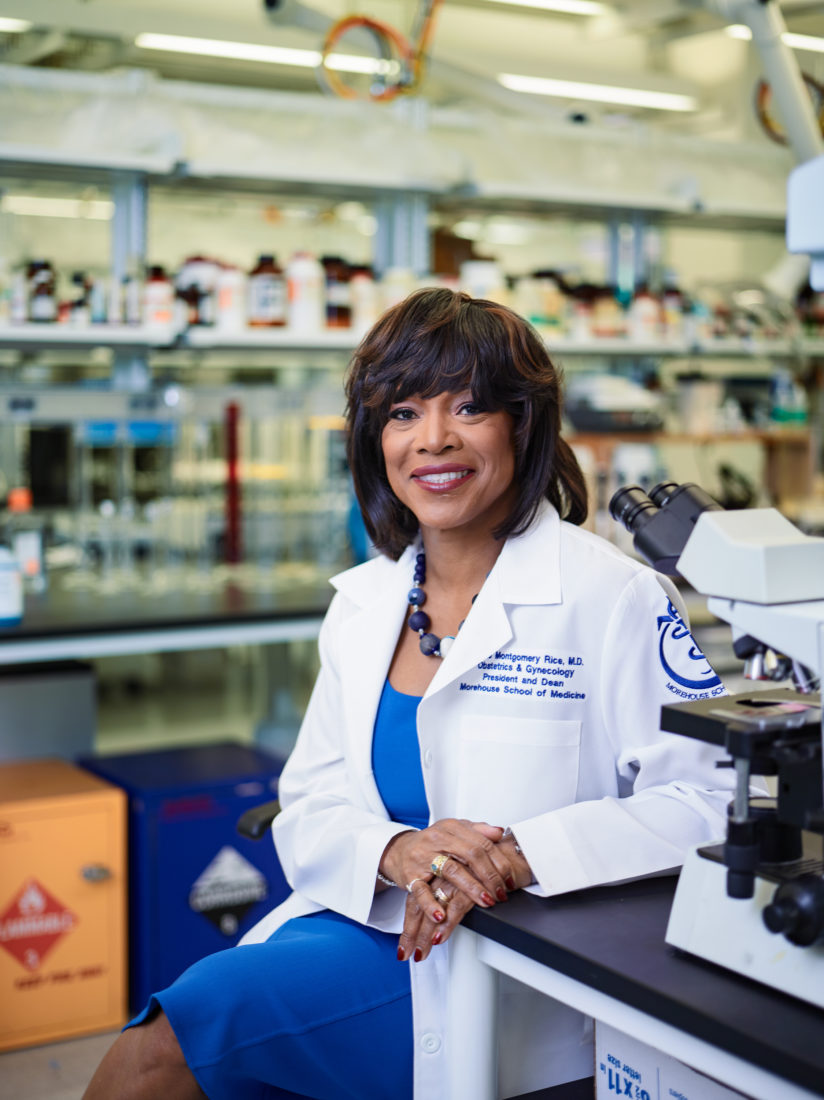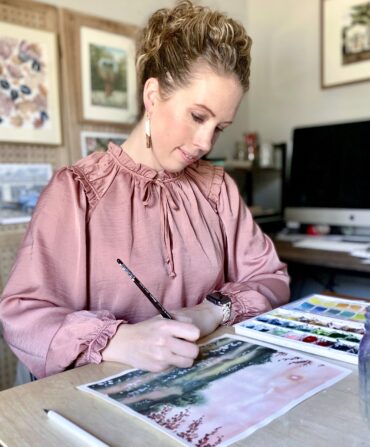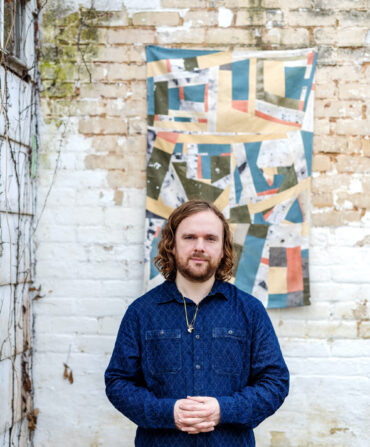Editor’s note: The following originally appeared in the G&G book Southern Women: More than 100 Stories of Innovators, Artists, and Icons. The book features interviews with, odes to, and essays by musicians, actors, artists, designers, entrepreneurs, authors, chefs, public servants, and more who have roots in the region.
Dr. Valerie Montgomery Rice’s childhood in Macon, Georgia, wasn’t easy. Domestic violence, racism, and a rare infection that necessitated a months-long hospital stay were just a few of the challenges that could’ve slowed her down as an inquisitive young girl. Instead, they motivated her. Montgomery Rice is now the first female president and dean of Atlanta’s Morehouse School of Medicine—and the first black woman in the United States to be named to lead a freestanding medical school. And throughout her career as a renowned reproductive endocrinologist and the founding director of the Center for Women’s Health Research at Nashville’s Meharry Medical College, Montgomery Rice has prioritized studying medical issues that disproportionately impact women of color and creating more diverse leadership opportunities.
How did growing up in Macon influence your identity?
I grew up in a single-parent household. My father was abusive. I had osteomyelitis when I was young. I was in the hospital when my mother left my father and my life totally changed. I started riding this bus called the Lucky Duck Bus [after that infection]. That was probably my first lesson in humility, riding with kids who were mentally challenged, and being teased initially on that bus. I worked with those kids, helping them learn to read.
How did you do in school after that?
I graduated as valedictorian in the seventh grade and had a teacher, Ms. Betty Davis, who made me repeat the word humble over and over and over again in my speech. And when I didn’t get it right, she just made me keep saying it. I said, “Why do you keep making me say this?” And she said, “Because you’re going to need some humility as you get older. You just don’t know it yet.”
Why do you think she said that to you?
I have no idea. Maybe she had aspirations for me that I didn’t know about. And she used to make me say, “God grant me the serenity to accept the things I cannot change, courage to change the things I can, and wisdom to know the difference.” I just never forgot that.
You went to Georgia Tech, but you weren’t studying medicine—you were studying engineering. How did you end up switching?
I recognized I didn’t like engineering. I always tell people this story about me having on this new outfit, and I had to go into this little plant in the back and check the readings on this machine. I had to put on this bunny suit, and this hat, and go through all the slush. I looked at my reflection and my life flashed before me. I could see myself with this bonnet on and these goggles and I said, “I’m really too cute for this. I’m not doing this for the rest of my life.”
There’s no premed program [at Georgia Tech]. I went over to Spelman and talked to the premed counselor. I told her I wanted to go to medical school. She said, “You don’t seem like you know a lot about going to medical school.” And I said, “Well, I didn’t know a lot about being an engineer, and that seems to be working out all right.” And the rest is history.
You’ve talked about what it was like to be in these spaces as the only black person or the only woman, and the importance of diversifying the medical field.
It started when I was in high school. If you look at my high school yearbooks, I was the only black person for many, many years in the honors program. I never looked at it as an honor, though. Some people get confused—they begin to think they’re special because they’re the only one of something. I think it’s a problem when I’m the only one.
Have you ever felt like you were obligated to look at medical conditions that disproportionately affect minorities because there aren’t many other women or people of color in the room to do it?
I think there’s always some level of obligation. It does matter what you do when you sit in the seat. If not you, then who? I always tell my team we are the ones that we have been waiting for. There is nobody else. If there’s a problem to be solved, then who else is going to solve it? I think that sometimes, though, we set about trying to solve the problem without being inclusive enough, and we assume that solving the problem is only working on it ourselves and not being inclusive of other people.
When you reflect on your relationship with the South, how do you feel about it?
I am a Southerner by nature. I don’t think I’ve ever forgotten that. I love the gentility. I love when I’m getting ready to take my suitcase down and someone asks me if I need help. I don’t mind people opening doors for me. I am comfortable with people saying “yes, ma’am” and “thank you” and “can I help you?” I don’t have any problem with that. In fact, I prefer it, okay? I’ve lived up North. I’ve lived in the Midwest. I’ve lived lots of different places. I am a Southern person at heart. I believe in kindness.








